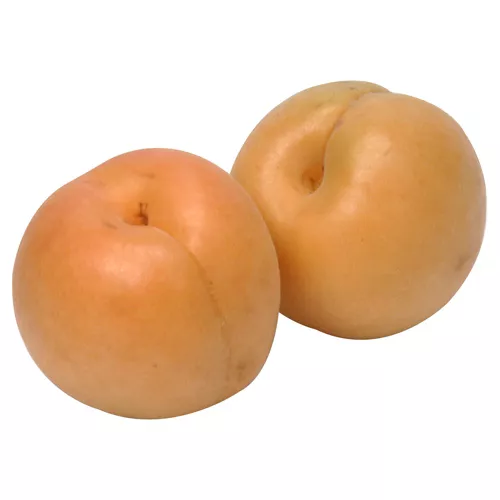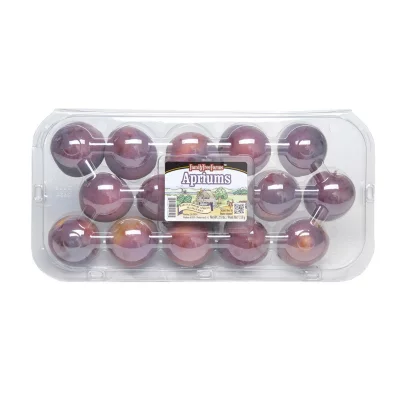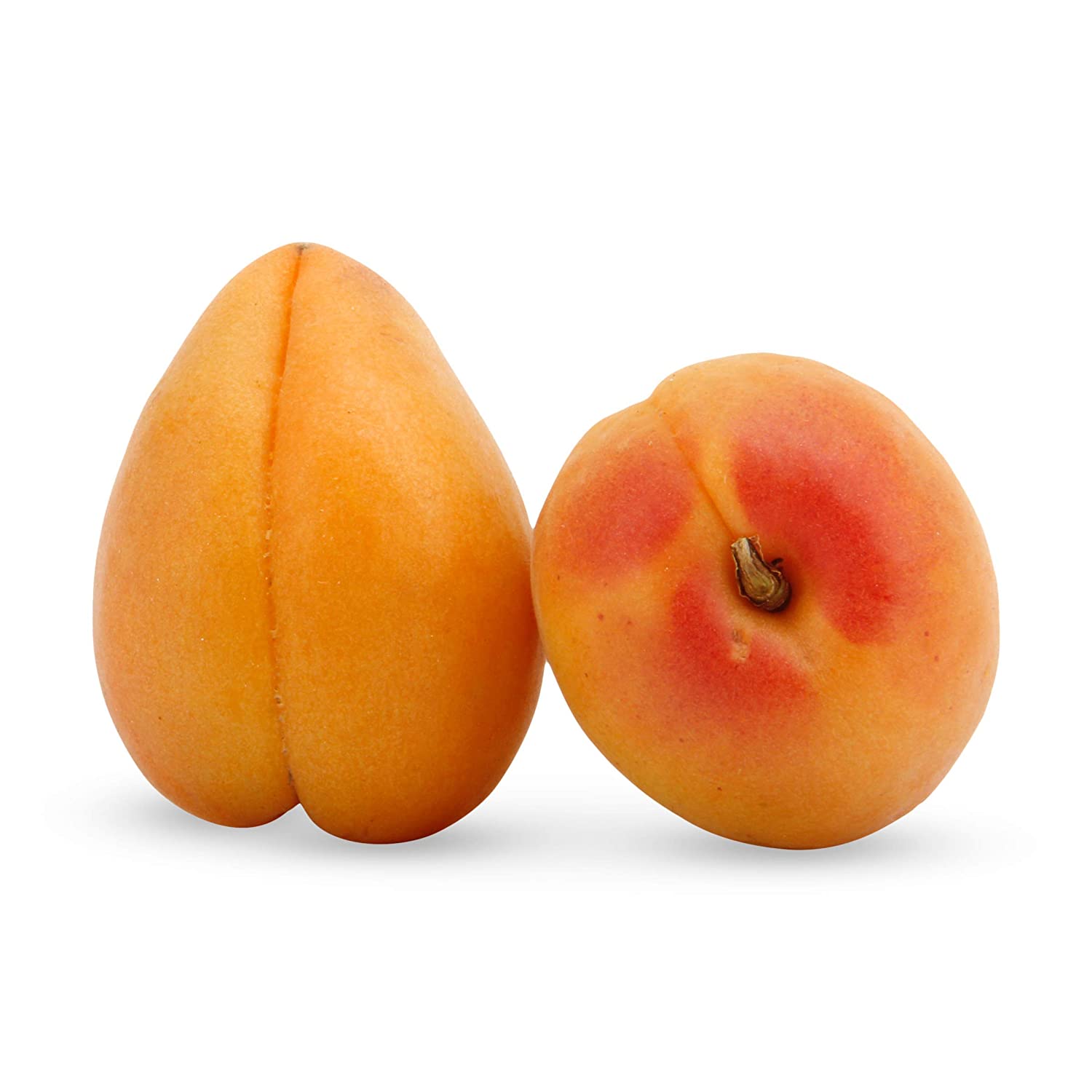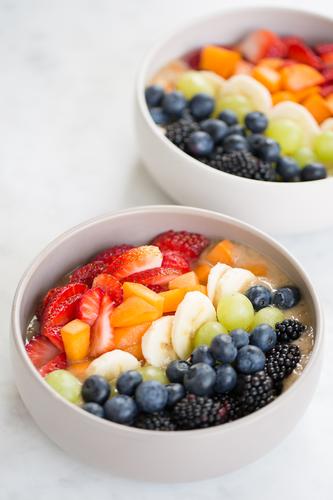DESSERTS
BREAKFAST AND BRUNCH
SNACKS
Apricot
Apricot, scientifically known as Prunus armeniaca, is a stone fruit native to the regions of Armenia and China, but now cultivated in various regions around the world. This small, yellow-to-orange fruit with a velvety skin contains a single seed known as the stone. Apricots can be consumed fresh, dried, or cooked and are known for their unique flavor, which boasts a harmonious blend of sweetness and tartness.
Apricots are rich in vitamins A and C, potassium, and dietary fiber, and are widely used in home cooking for making preserves, baked goods, sauces, and savory dishes. The fruit also adds natural sweetness to salads and can be used in various dessert preparations by pairing with ice cream, yogurt or compote.
86%
CARBS
3%
FAT
11%
PROTEIN
481 Apricot Products
Used In 9 Recipes
Apricot Is Frequently Used With
Apricot FAQ
Cooking with apricots often creates confusion, given their dual nature; ripe apricots are juicy and sweet, while slightly unripe apricots can be bit tart. Knowing how to choose the right apricot for your recipe is essential. Ripe apricots are ideal for eating fresh or incorporating into dishes without cooking, while slightly unripe apricots are often better for cooking, as they hold up their shape and their tartness can balance out other sweeter ingredients. It's common for people to deselect slightly bruised apricots, however, these usually are the ripest and sweetest, perfect for making compotes or jams. It should also be noted that apricot pits, like other stone fruit seeds, contain cyanogenic glycosides which can be harmful if ingested in large quantities. While some cultures use the pits in cooking, it is generally advisable to remove and discard them.
Can you eat the skin of the apricot?
How to tell if an apricot is ripe?
Why are my apricots sour?
Can you cook apricots?
Should apricots be refrigerated?
Why do some apricot recipes recommend peeling them?
Can you eat apricot seeds?
Can apricots be substituted for peaches in recipes?
Why are some apricots sweet and others sour?
Can you freeze apricots?
Expiration & Storage Tips
When does apricot expire?
Unopened fresh apricots can last for 1-3 days at room temperature and up to one week in the fridge. However, if you are planning to consume them immediately after purchase, they are best kept at room temperature for optimal flavor. Once cut open, apricots should be eaten immediately or stored in an airtight container in the fridge for up to 2 days. Dried apricots can last up to 6 months in the pantry and even more when stored in the fridge or freezer. Frozen apricots can last between 9 months to 1 year when properly packaged and maintained at a constant temperature.
How do you tell if apricot is bad?
If the apricots are moldy, excessively squishy, or have a fermented smell, they have gone bad. For dried apricots, look for signs of mold or a musty smell. With frozen apricots, freezer burn or an off smell are signs that they are no longer good to eat.
Tips for storing apricot to extend shelf life
• Store fresh apricots in the crisper drawer of your refrigerator.
• When you want to extend their life, you can freeze apricots. To do so, wash and pit the apricots, then slice in half or leave them whole. Lay them on a baking tray lined with parchment paper and freeze. Once frozen solid, transfer to freezer bags or airtight containers, removing as much air as possible.
• Dried apricots should be stored in an airtight container in a cool, dark place. You can also refrigerate or freeze them for extended storage, but make sure to let them thaw at room temperature before eating to avoid tooth chipping!
EXPIRES WITHIN
6 - 14
DAYS
Health Info
Macros
3g
CARBS
0g
FAT
0g
PROTEIN
Allowed on these diets
LOW FAT
HIGH CALCIUM
VEGETARIAN
PALEO
WHOLE 30
MEDITERRANEAN
LOW CARB
VEGAN
LACTOSE FREE
GLUTEN FREE






































